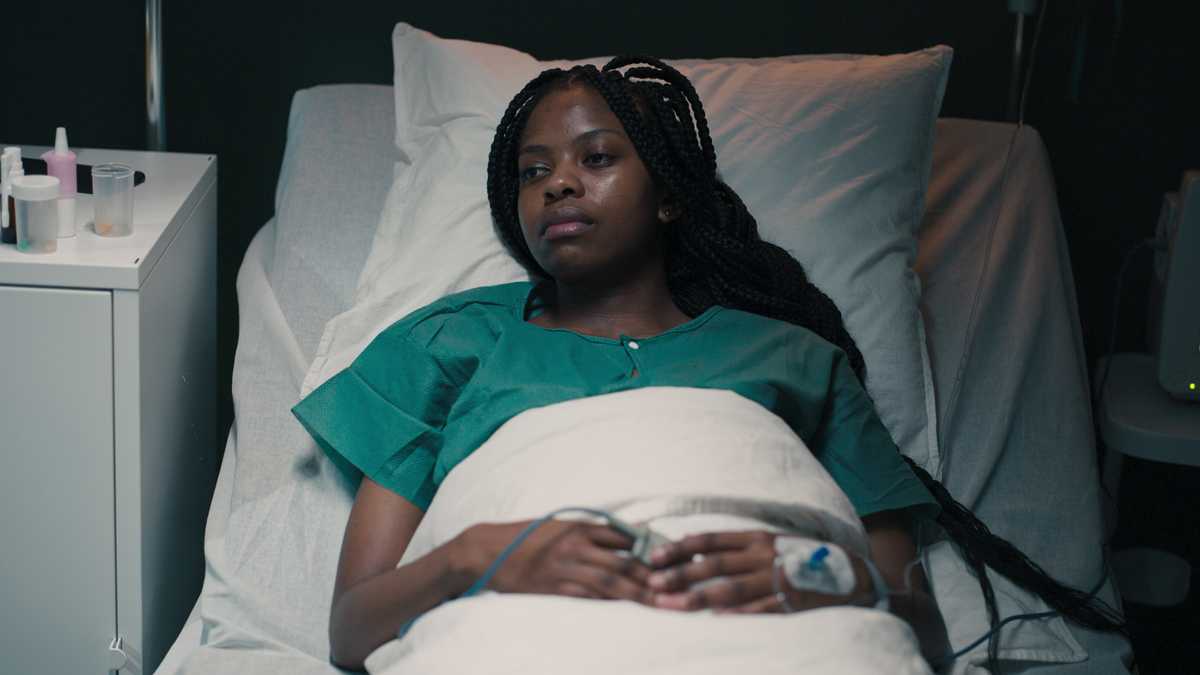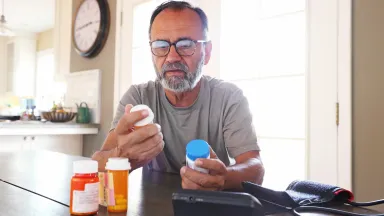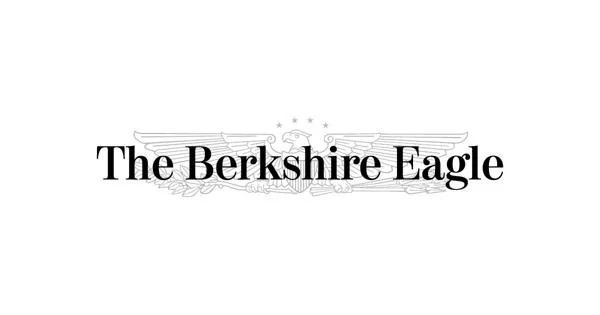Copyright gbcghanaonline

By: Murtala Issah Ghana’s long-standing success in child immunisation is entering a new phase as the country prepares to independently fund and manage its national vaccination programme by 2027. This marks a critical transition from decades of donor-supported immunisation to full national ownership, a shift that experts say will test the country’s resilience and commitment to public health. Since the launch of the Expanded Programme on Immunisation (EPI) in 1978, Ghana has made remarkable progress in protecting children from vaccine-preventable diseases. For instance, measles, once a leading cause of child mortality, has been brought under control, while cases of polio have been reduced to near elimination. Currently, Ghana’s immunisation schedule includes 13 vaccines for children under five years, covering diseases such as tuberculosis, diphtheria, tetanus, pertussis, hepatitis B, rotavirus, yellow fever and most recently, malaria, one of the leading causes of infant deaths in the country. For decades, Ghana’s success has been made possible through the support of global partners, including Gavi, the Vaccine Alliance, the World Health Organization (WHO), UNICEF, and the Global Fund, among others. These partners have provided both financial and technical assistance to ensure consistent vaccine supply, cold chain maintenance, and effective community outreach. However, by 2027, that support is expected to end as Ghana transitions to full domestic financing and management of its immunisation programme. The move aligns with Gavi’s graduation policy, which requires middle-income countries to eventually take full ownership of their vaccine procurement and coverage. To ensure sustainability, the government in 2023 established the National Vaccine Institute (NVI), a key institution tasked with coordinating national vaccine production, research, and supply management. The institute is expected to play a central role in maintaining vaccine security, promoting local vaccine manufacturing, and fostering partnerships with the private sector and academia. Public health experts say the transition presents both opportunities and challenges. Currently, the Ministry of Health, Ghana Health Service, and the National Vaccine Institute are working closely with international partners to build the country’s capacity in vaccine procurement, cold chain logistics, and health workforce training. A recent training organised by the African Media and Malaria Research Network (AMMREN) in collaboration with its partners, drew journalists from across the country to strengthen media understanding of immunisation financing, sustainability, and community engagement. The training emphasised the critical role of the media in sustaining public trust and promoting vaccination coverage as Ghana enters this new chapter. The Acting CEO of the Ghana Vaccine Institute, Dr. Sodzi Sodzi-Tettey, in his presentation, noted that, Ghana’s move toward vaccine self-sufficiency is a positive step for national sovereignty in health. He added that lessons from the COVID-19 pandemic underscore the importance of local vaccine production and supply chain independence. According to Dr. Sodzi, government has tasked the NVI is collaborating with various institutions to speed up its mandate. Despite the progress made, he noted that, “the stories told in newspapers, on radio, television, and online shape how people think, feel, and respond to health interventions. During the COVID-19 pandemic, misinformation spread faster than the virus itself. Falsehoods about vaccines undermined public confidence and delayed lifesaving interventions. This experience showed that accurate and responsible reporting is a matter of national health security.” The Executive Secretary of AMMREN, Dr. Charity Binka, stressed the need to increase public awareness on the importance of vaccines in addressing public health concerns. “This is why strengthening vaccine communication and building the capacity of the media is crucial. In recent years, misinformation and public mistrust have become major threats to vaccine confidence in Ghana and across the world.” the countdown to 2027 continues, Ghana’s challenge will be to maintain and possibly exceed these achievements without the cushion of donor support. The transition to full national responsibility is not just a financial obligation, but a test of the nation’s capacity to secure the health of every child now and for generations to come. More Stories Here



